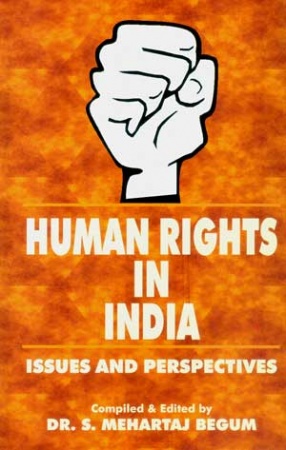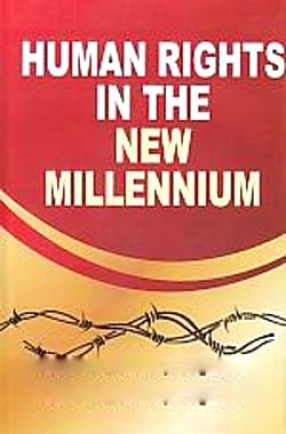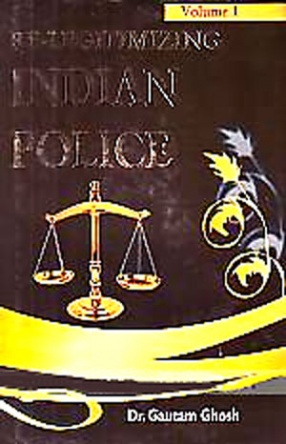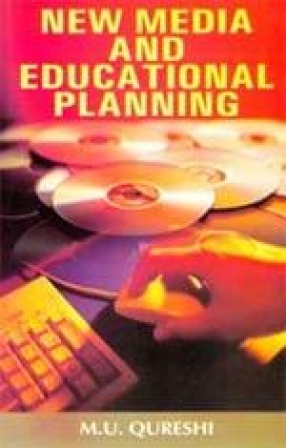Human Rights, being human-centric, are universal in character but caught in the diametrically opposing forces of globalisation and fragmentation. Human Rights issues are destined to live with the opposite set of problems and their differentiated treatment. The questions resulting from these complexities and the answers, we require, have barely begun to surface. This book constitutes a part of the contribution to this vital process.
Human rights are possible only in the context of sustainable development which is non-exploitative of both people and environment. Conservation and equitable distribution of resources depend upon access to resources and distributive justice which must reach all those whose rights are yet to be realized, that is women, children, socially and economically disadvantaged sections including the marginal farmers, casual labourers, scheduled castes and scheduled tribes and backward minority groups and the disabled who are vulnerable to the denial of human rights. Together they constitute the majority of population. Such societal issues must be of the social experts, NGOs, university community and common enlightened citizens. Deadened by traditions and habits, we rarely pay attention to such pre-requisites which can alone sustain human rights. As such this book has undertaken the societal aspect of human rights in India.






There are no reviews yet.